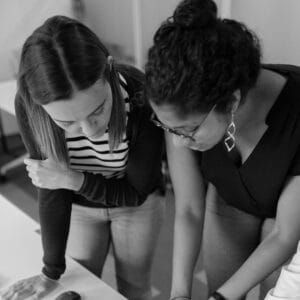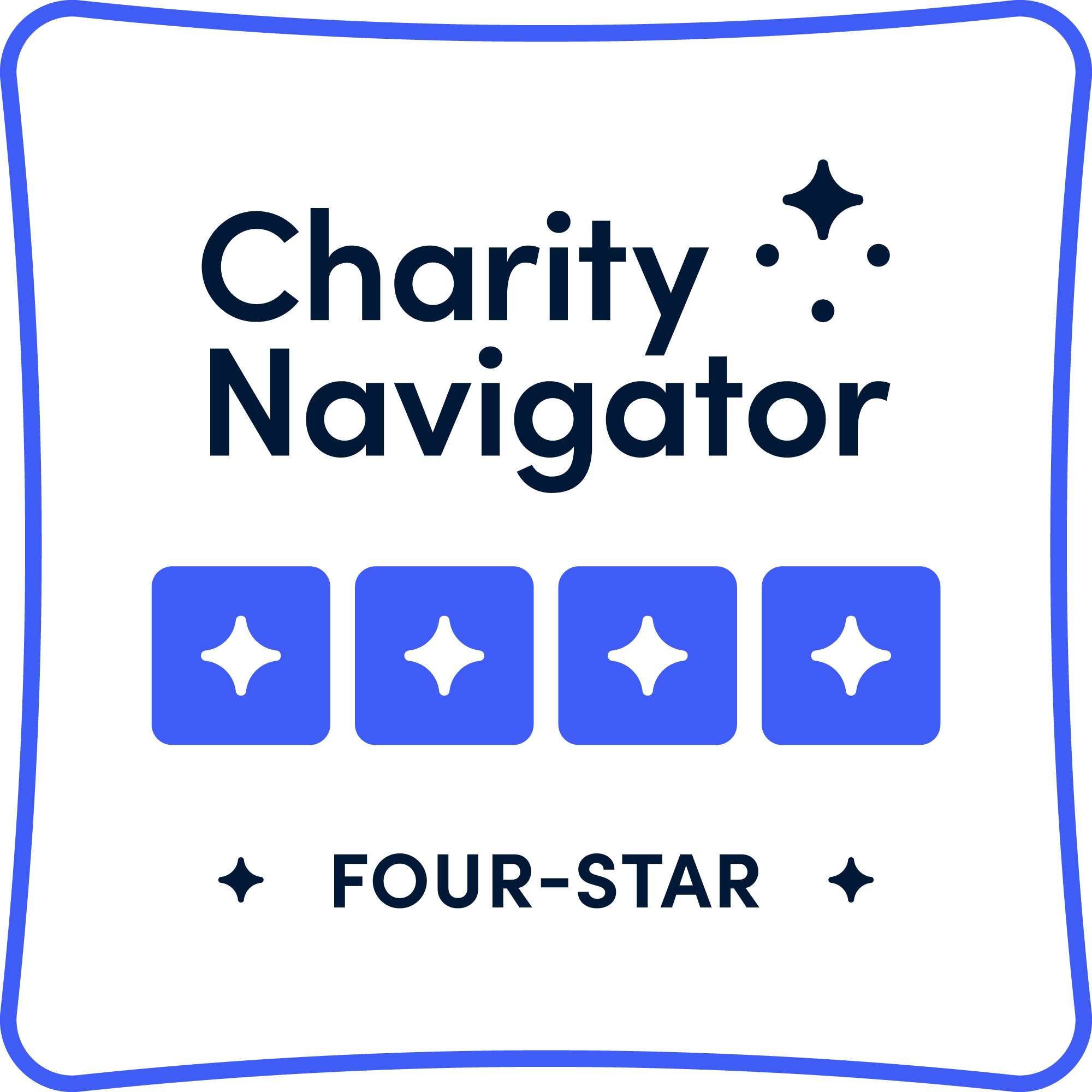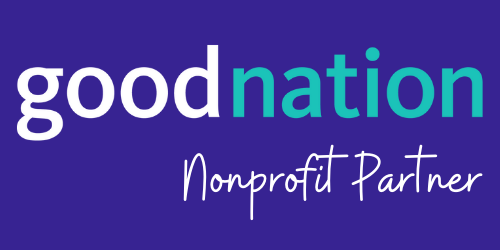Helping More People Build A Savings Cushion
It’s no secret that saving money is a good idea. Even when funds are tight, putting away a small amount on a regular basis can mitigate unforeseen emergencies and enable people to make investments toward building long-term financial stability. Despite these realities, and the best intentions, people often do not take steps to save for the future.
ideas42 collaborated with the Grameen Foundation and CARD Bank, Inc. to test out an innovative solution to this problem with a pilot program in the Philippines – a country where only 26% of adults use formal financial services and nearly 80% do not have a deposit savings account. We determined that applying behavioral design principles and introducing a relatively inexpensive set of behavioral levers to address bottlenecks at key stages of opening and interacting with a savings account, significant impacts on savings rates could be achieved.
A randomized controlled trial found that clients who experienced the new designs upon opening a savings account made initial deposits that were 15% larger than the deposits made by those using the standard account opening process. The design also made clients 73% more likely to initiate a transaction in the new account, and these clients made smaller and more frequent ongoing deposits as well as smaller withdrawals. Most importantly, the intervention seems to have had the effect of increasing balances by 37% compared to the control group over the course of the eight-week pilot. To read more details on this project and its outcomes, check out the white paper.
This pilot project with CARD Bank not only successfully encouraged savings behaviors, it also generated several useful lessons about microsavings and behavioral design that can be applied to future products and programs. The insights gleaned from the project have the potential to significantly impact approaches that address poverty around the world.
Interested in learning more about this work applying behavioral science to a crucial social problem? Reach out to us: info@ideas42.org or tweet at @ideas42 to join the conversation.









